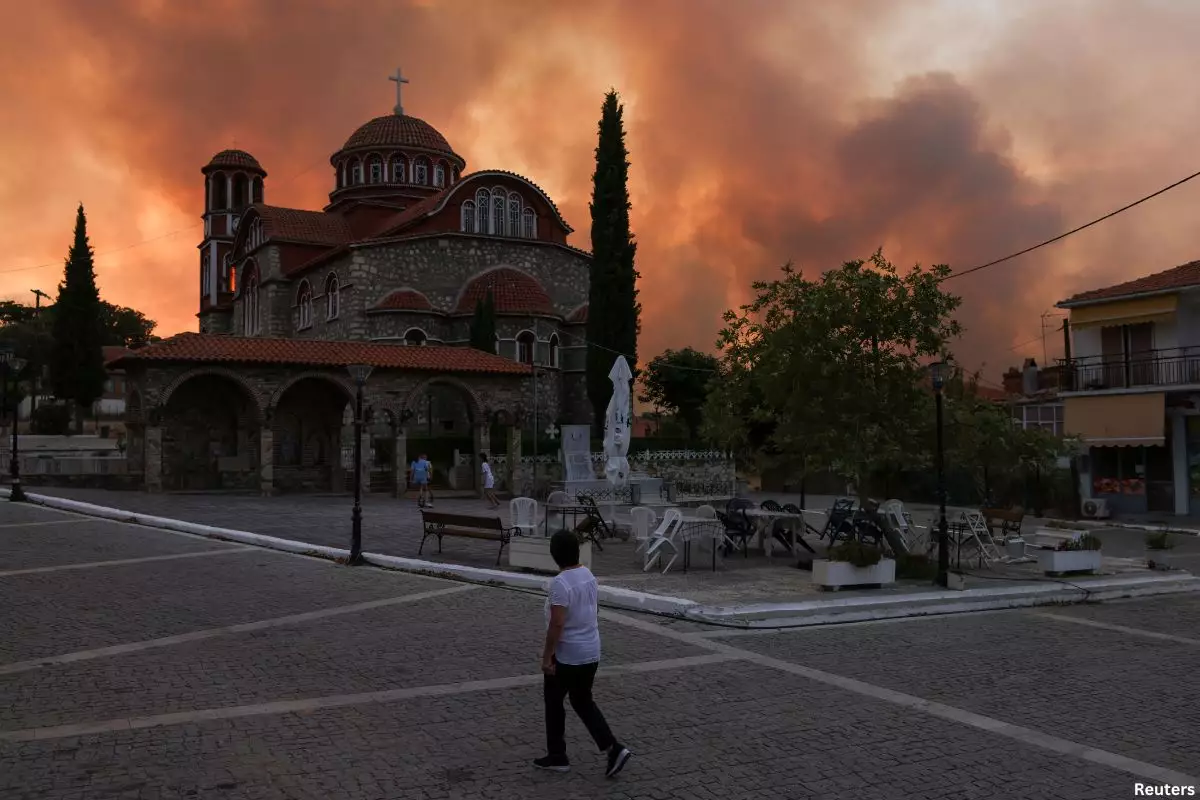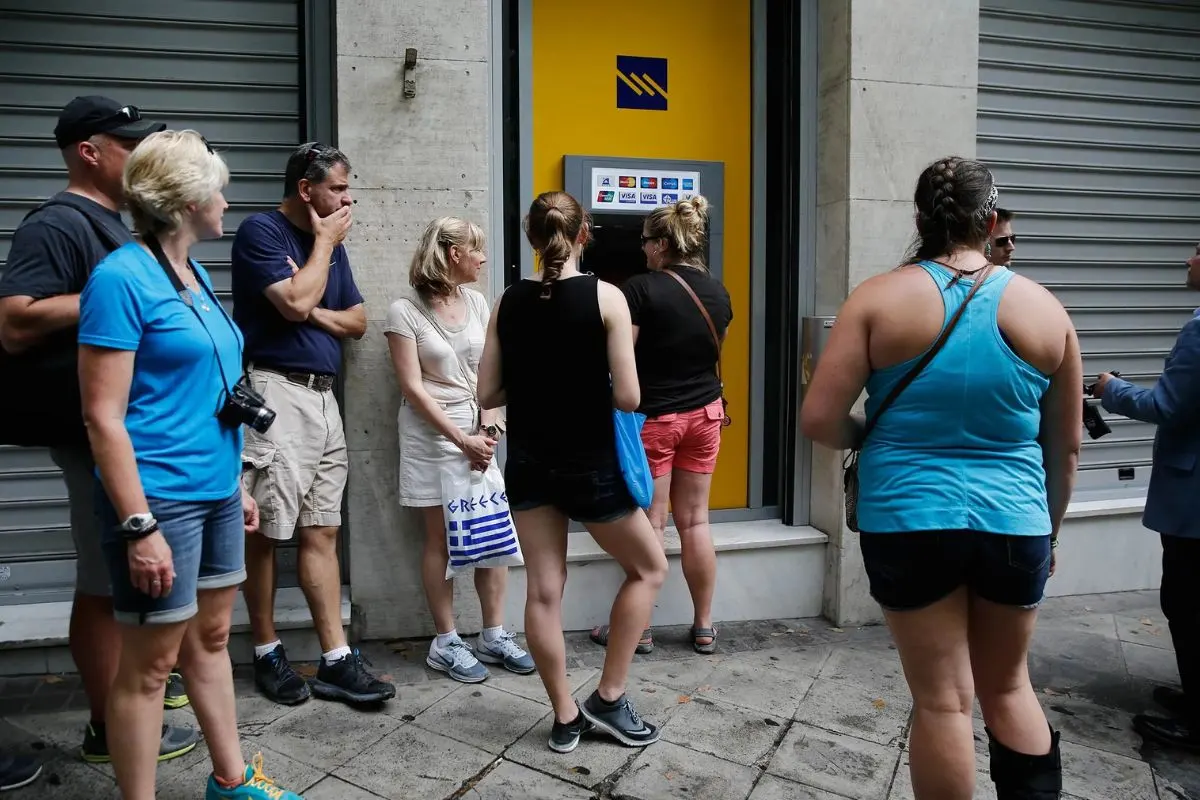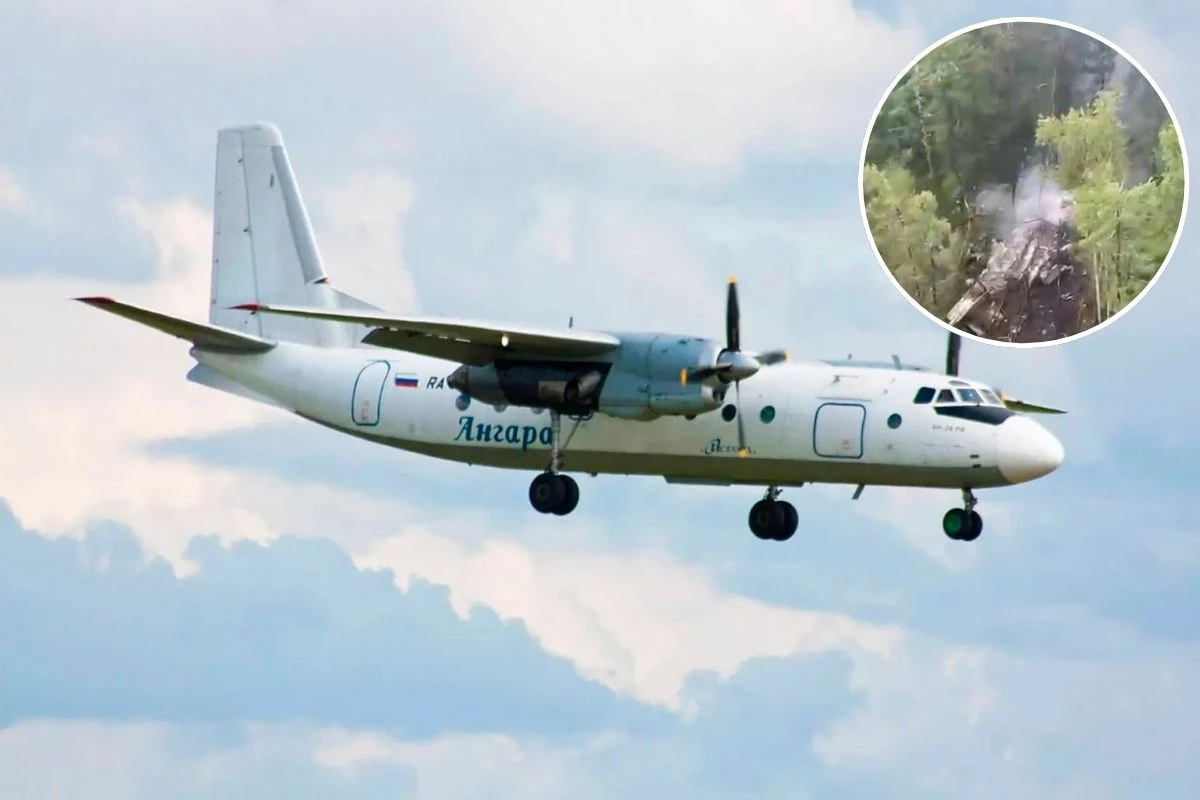Athens, Greece – The persisting wildfire in Evros, northeastern Greece, continues to rage on for the 15th consecutive day on Saturday despite the tireless efforts of hundreds of firefighters.
As of Friday, the firefighting operation has mobilized an impressive force, including 129 fire engines with a crew of 586 members, 16 teams of ground-based firefighters, and substantial air support with six firefighting aircraft and two helicopters.
In addition to these resources, assistance has poured in from various EU countries, Albania, as well as from the Greek armed forces, police, and dedicated firefighting volunteers. Despite these collective efforts, the wildfire has proven to be a formidable adversary, refusing to be extinguished.
The wildfire initially ignited near the port city of Alexandroupolis on August 19 and later merged with smaller fires to form a raging inferno that has caused extensive damage, consuming homes and vast stretches of land near the border with Turkey.
This catastrophic blaze has forced the evacuation of thousands of residents and is attributed to twenty of the twenty-one fire-related deaths recorded in Greece last week. Among the most tragic incidents was the discovery of the bodies of eighteen migrants by firefighters in the Dadia Forest.
On Friday, a group of 25 migrants found themselves trapped in the Dadia Forest, prompting a daring rescue operation by firefighters. These irregular migrants, all males, claimed to hail from Syria, Iraq, and Lebanon, according to a police official. The migrants were subsequently arrested.
Prime Minister Kyriakos Mitsotakis addressed the situation during a parliamentary session on Thursday. He implied that refugees may have played a role in igniting the Evros fire, although he acknowledged that an investigation into the causes is still ongoing.
Mitsotakis stated, “It is almost certain that the causes were manmade. And it is also almost certain that this fire started on routes that are often used by illegal migrants who have entered our country.”
He went on to say, “We don’t know if it was negligence or deliberate.” The Prime Minister also unveiled plans to deploy drones and forest temperature sensors to detect wildfires in their early stages.
The Greek government intends to acquire one hundred drones to conduct aerial surveillance for early wildfire detection. Furthermore, temperature sensors will be installed at critical archaeological sites and forests, where fires pose the most significant threats.
To bolster the firefighting effort, the government plans to hire an additional five hundred forest specialists and one thousand firefighters.
In his remarks, Mitsotakis acknowledged the unprecedented challenges they’ve faced this year, despite their preparation, stating, “Although we were better prepared than any other year, we faced an unprecedented combination of incidents.”
The wildfire crisis in Greece has seen multiple blazes erupt across the country since July, affecting regions far and wide, including popular tourist destinations like Corfu and Rhodes. The fire risk remains elevated on Saturday, particularly in areas such as Attica, Central Greece, East Macedonia and Thrace, and the North Aegean islands.











